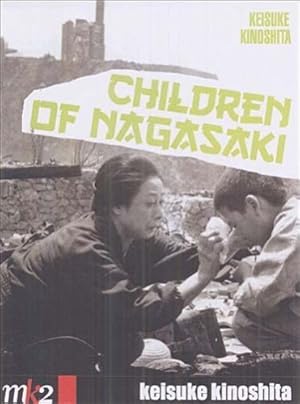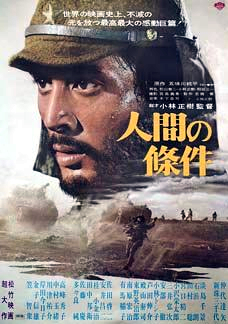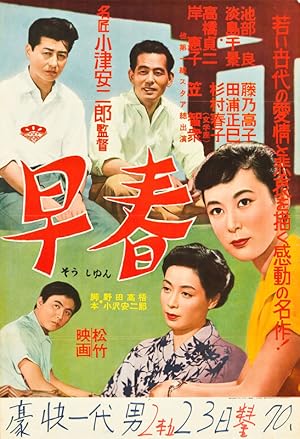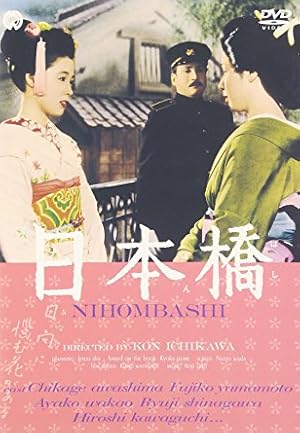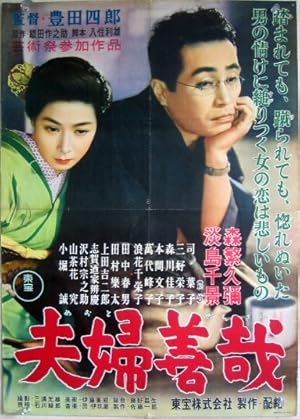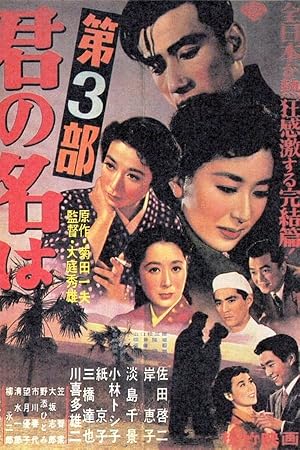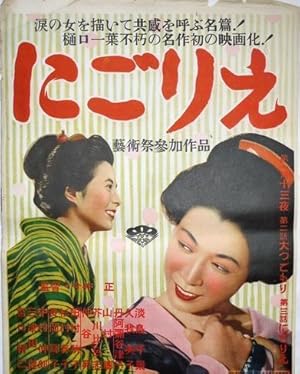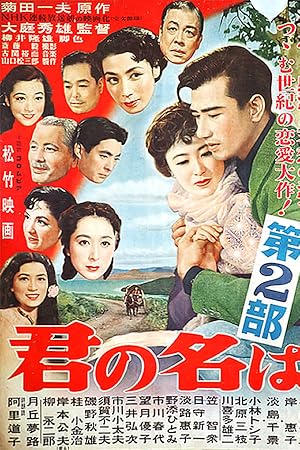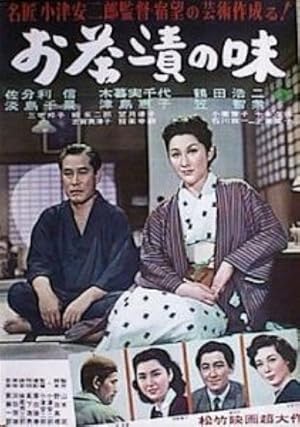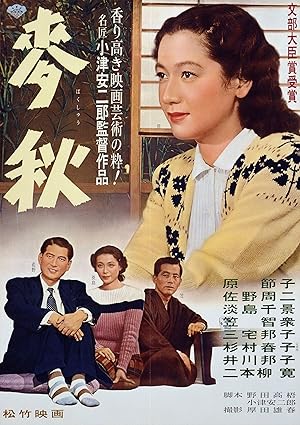Movies Starring Chikage Awashima
Welcome to our dedicated collection of films featuring Chikage Awashima. Here, you’ll find a diverse lineup of titles that showcase the actor’s range, talent, and unforgettable on-screen presence. Whether you’re a longtime admirer or discovering Chikage awashima’s performances for the first time, this selection offers something for every taste—encompassing both critically acclaimed roles and underrated gems waiting to be explored.
Children of Nagasaki (1983)
0
August 9, 1945. An atomic bomb drops on Urakami, Nagasaki at 11:02am. The story of Dr. Nagai and his family.
The Human Condition I: No Greater Love (1959)
0
After handing in a report on the treatment of Chinese colonial labor, Kaji is offered the post of labor chief at a large mining operation in Manchuria, which also grants him exemption from military service. He accepts, and moves to Manchuria with his newly-wed wife Michiko, but when he tries to put his ideas of more humane treatment into practice, he finds himself at odds with scheming officials, cruel foremen, and the military police.
Early Spring (1956)
0
A young Tokyo salary man and his wife struggle within the confines of their passionless relationship while he has an extramarital affair.
Bridge of Japan (1956)
0
Ichikawa's 1956 adaptation of Nihonbashi was the first to take the work of Kyoka Izumi— until then regarded as a writer of common tragic melodramas—and re-evaluate it as a tanbi-ha work of decadence, aestheticism, and intrigue. Ichikawa's film presents the tragic plot of the young geisha who is unable to enact her love for a man publicly in any way other than a histrionic story of torment, a heart-rending tale of lovers being crushed by fate. Instead, Ichikawa shows the contest of wills that transpires as two geisha, Oko and Kiyoha fight for the top spot in Nihonbashi, the pinnacle of the Tokyo geisha world. Nihonbashi is an elegant, if
Marital Relations (1955)
0
The story of a couple, a spoiled son and a down-to-earth girl, in Osaka in the early Showa era. The film won the prestigious Blue Ribbon awards for best director, best actor (Morishige) and best actress (Awashima), and the Mainichi Concours award for best actor and best screenplay (Yasumi Toshio). It ranked second (after Naruse Mikio’s Ukigumo) on the Kinema Junpō top ten films for the year.
Always in My Heart Part 3 (1954)
0
Machiko and Haruki’s drama continues. Machiko is not allowed to see Haruki. They finally meet again, but Haruki departs to Europe.
An Inlet of Muddy Water (1953)
0
A Japanese woman writes down three stories she has witnessed or heard of in her diary, each about the difficult situation a young woman finds herself in.
Always in My Heart Part 2 (1953)
0
Machiko and Haruki’s drama continues. Two meet again in Hokkaido only to be separated again.
The Flavor of Green Tea over Rice (1952)
0
The arranged marriage between a capricious woman from Tokyo high society and a quiet and rustic man is tested by a marital crisis.
